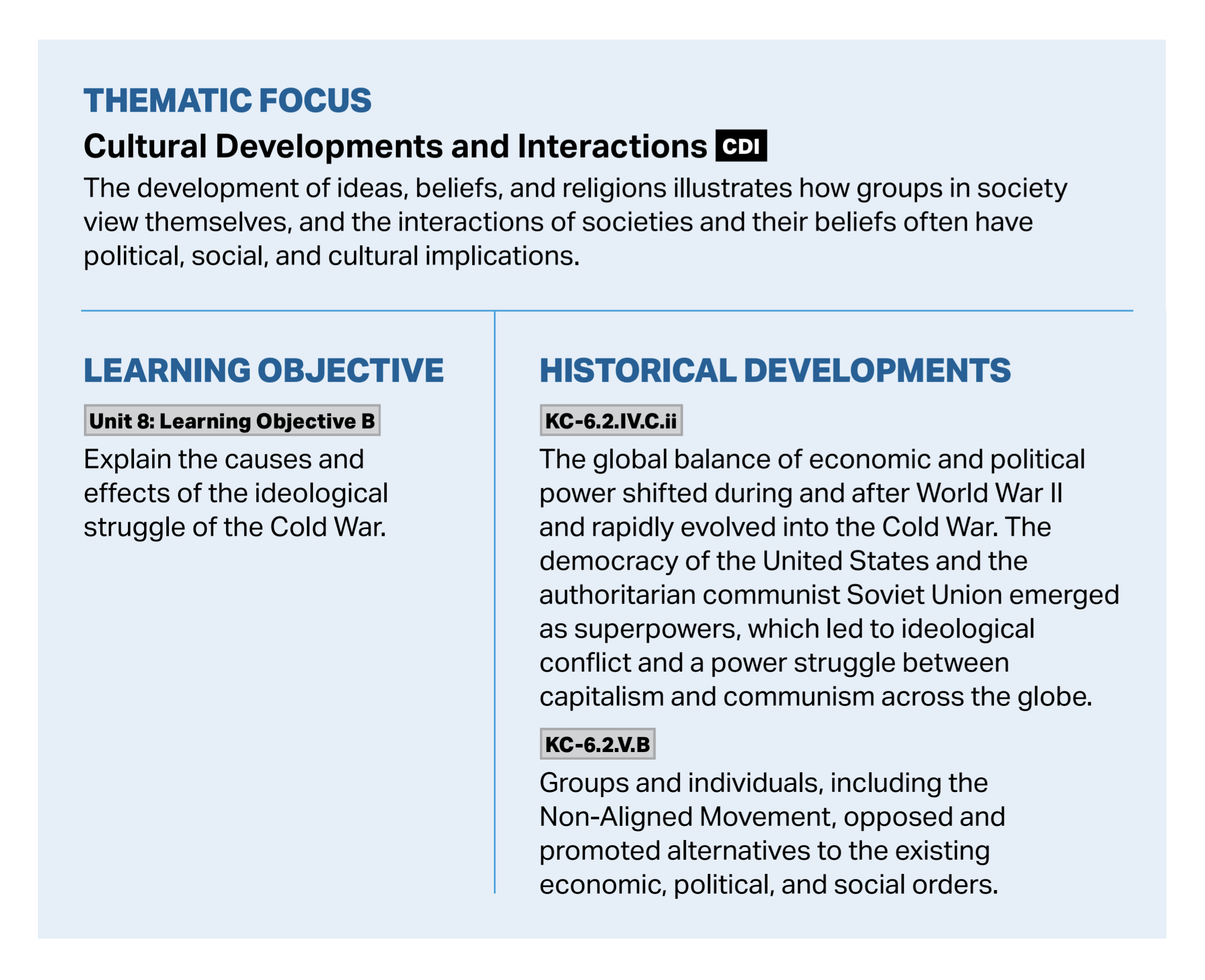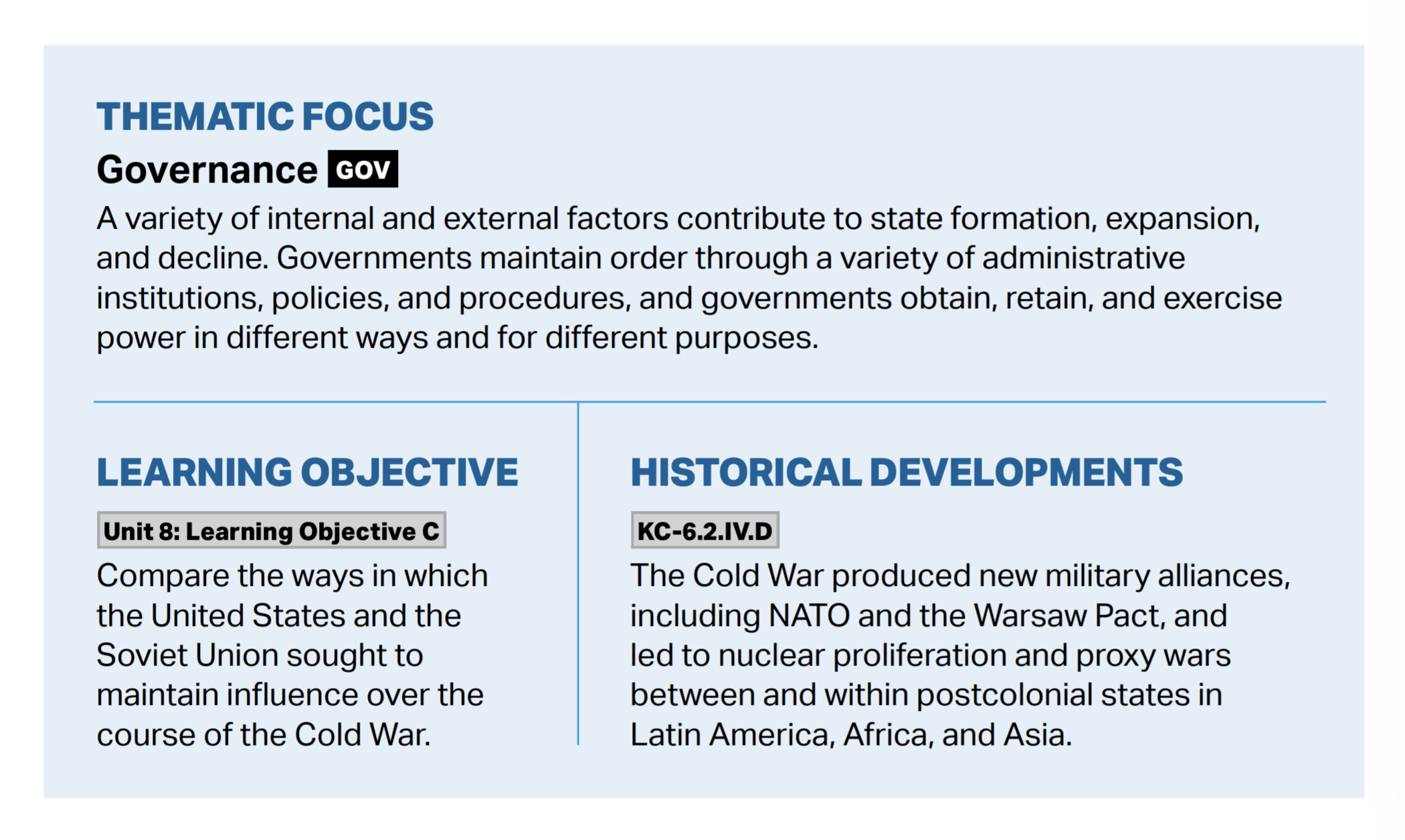“Militant Unity and Solidarity”: Cuba, North Korea, and the Cold War
Discussion of the Cuban-North Korean relationship in the 1970s as a way to analyze the Cold War from a global perspective.



The Source
In Monday’s post, I discussed a textual primary source that helps us understand the relationship between Cuba and North Korea in the 1960s. Their relationship complicates how we think about the Cold War and helps us get beyond seeing the Cold War as primarily an American-Soviet rivalry.
This Content is for Subscribers on the Buy Me Lunch and Buy Me Dinner tiers
SubscribeAlready have an account? Log in



